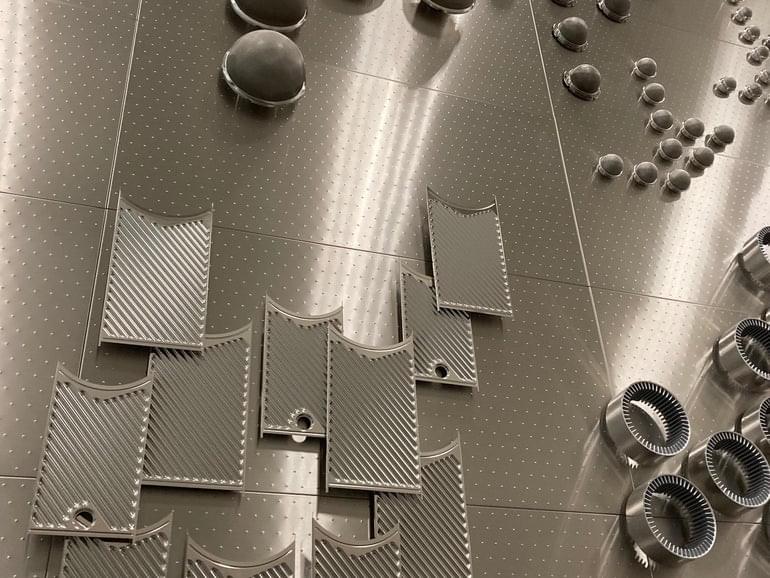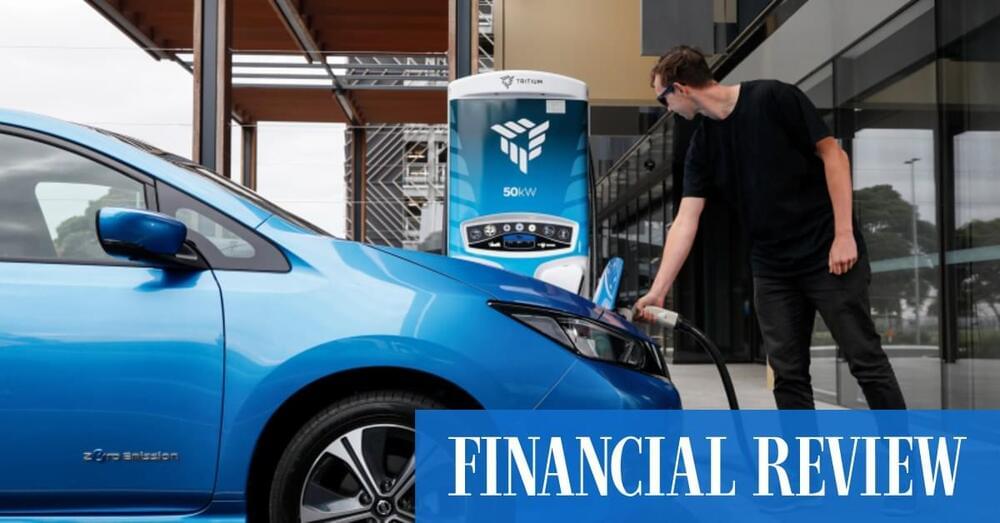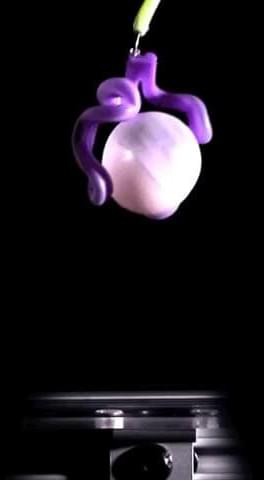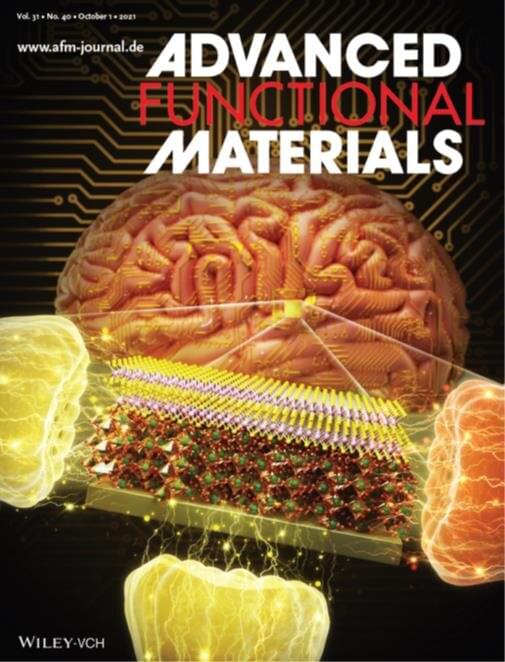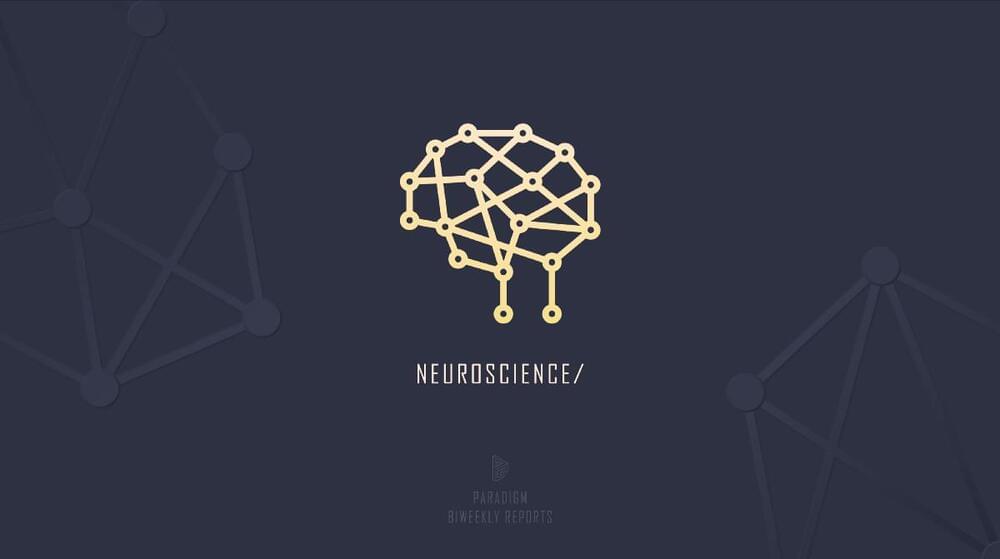A long-term fallout of the Covid crisis has been the rise of the contactless enterprise, in which customers, and likely employees, interact with systems to get what they need or request. This means a pronounced role for artificial intelligence and machine learning, or conversational AI, which add the intelligence needed to deliver superior customer or employee experience.
Deloitte analysts recently analyzed patents in the area of conversational AI to assess the direction of the technology and the market — and the technology has been fast developing. “Rapid adoption of conversational AI will likely be underpinned by innovations in the various steps of chatbot development that have the potential to hasten the creation and training of chatbots and enable them to efficiently handle complex requests — with a personal touch,” the analyst team, led by Deloitte’s Sherry Comes, observes.
Conversational AI is a ground-breaking application for AI, agrees Chris Hausler, director of data science for Zendesk. “Organizations saw a massive 81% increase in customer interactions with automated bots last year, and no doubt these will continue to be key to delivering great experiences.”
